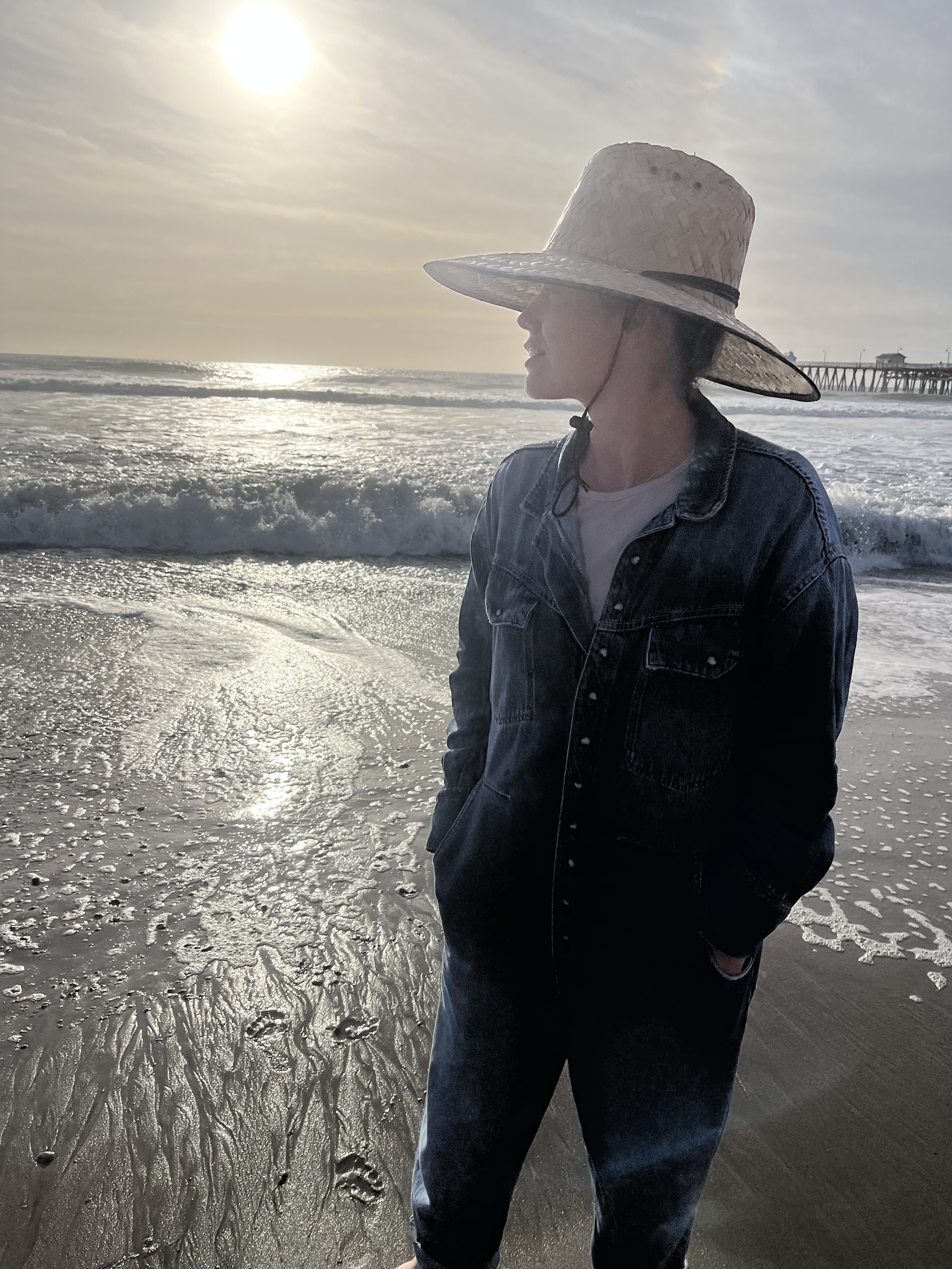Archetypes Are the Medicine Heroes Need
This morning, I awoke for the seventh straight day in a row, 33 minutes before my alarm was set to go off. My mind was already buzzing like a hot computer that someone forgot to turn off, and the fan kept running. Maybe it is completely normal for someone
attempting to write their first novel to have ideas piling up like open tabs. Each tab brings in more information and memory until navigating is an impossible task and the computer is whirring away. This is my mind this morning.
And the topic I am ruminating on is archetypes. In the seminal screenwriting classic, The Writer's Journey, Christopher Vogler identifies these as,
““The archetypes can also be regarded as personified symbols of various human qualities. Like the major arcana cards of the Tarot, they stand for the aspects of a complete human personality. Every good story reflects the human story, the universal human condition of being born into this world, growing, learning, struggling to become an individual, and dying.””
Archetypes serve important functions to the hero and the writer because they are there to help the hero on their path as mentors, threshold guardians, allies, enemies, tricksters, and shapeshifters. One character may wear multiple archetype masks and trade them fluidly as the scene and story require.
Whilst reading about these archetypes, I dutifully started assigning them to characters in my book. The loving but aloof guide and mentor, the well-intentioned but obstructive threshold guardian, the trickster cat, the nebulous, growing shadow, and so on. But soon, the characters that were starting to wander into my brain have taken on the energy of an overflowing high school cafeteria. And I'm starting to recognize archetypes from my own life. Pivotal characters have either been on the periphery or in the story's heart.
Perhaps you can relate to this, but I lovingly collect Mentor figures. And not all of them are here in the real world. I also often think of Dumbledore and Professor McGonagall from Harry Potter. Or Mick, the grizzled boxing coach from Rocky. Or Viper, Pete Mitchell's meticulous, tough-love flight instructor in Top Gun. Whatever the situation requires, I summon a great literary or cinematic mentor. Mentors can also be a short-lived role that other archetypes and characters wear and can appear at the moments when you least expect it but desperately need a "kick in the pants," as Vogler puts it.
Writing a novel may be a Hero's Journey effort, but so is life. It is a journey of our ordinary world, colliding with an invitation to a special world. It is a large cinematic sequence filled with all of the trials, victories, joys, and diversions that stack up to point towards, hopefully, a more fully realized development of our main character energy. Archetypes find their way in and out as we need them to prompt a new act for ourselves. Unknowingly, we often sit on figurative thresholds, wondering whether to leap.
I hope that my mentors—seen and unseen—know how much I'm digging deep to stay the course and make them and myself very proud.
Images above are from the following: 1.) Ted Lasso; 2.) Mighty Ducks; 3.) Coyote Ugly; 4.) Men in Black; 5.) Hercules; 6.) Rocky; 7.) Mary Poppins Returns









